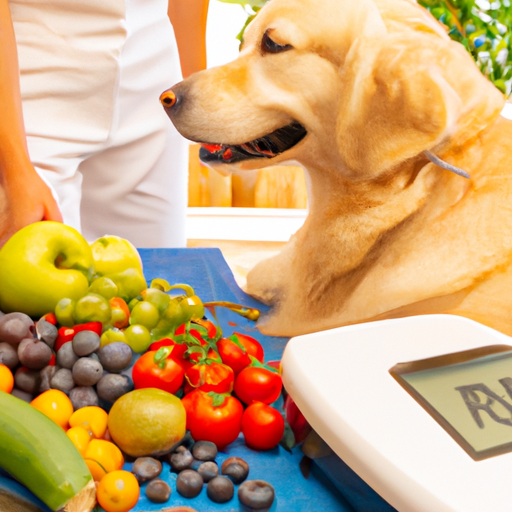“`
How to Keep Dogs Healthy
Introduction
As a caregiver, you naturally want the best for those under your care. This doesn’t just apply to people, it extends to our furry friends as well. This comprehensive guide will provide you with practical tips on how you can ensure your dog remains in peak health, both mentally and physically.
What Should Your Dog Be Eating?
As the saying goes, “you are what you eat,” and this rings true for dogs as well.
A balanced diet is crucial for your dog’s overall wellbeing. Here’s a basic guideline on what should be included in your dog’s diet:
- Proteins: meat, fish, eggs
- Carbs: rice, pasta, vegetables
- Fats: from meat, oils
- Vitamins and minerals: from fruits and vegetables
Remember, every dog is unique with their own dietary needs and restrictions. Always consult with your vet to tailor a diet that suits your dog’s needs.
| Food Group | Examples |
|---|---|
| Proteins | Meat, Fish, Eggs |
| Carbs | Rice, Pasta, Vegetables |
| Fats | Meat, Oils |
| Vitamins & Minerals | Fruits, Vegetables |
Regular Exercise is Key
Exercise isn’t just about keeping your dog physically fit, it’s also about mental stimulation. Dogs are naturally active creatures, and regular exercise helps keep them happy and healthy.
Here are some exercise routines to consider:
- Daily walks: ideal for all dogs
- Fetch games: great for high-energy breeds
- Swimming: perfect for older dogs with joint issues
Regular Vet Check-ups
Regular vet check-ups are non-negotiables for maintaining your dog’s health. These visits allow for early detection of any potential health issues, ensuring your dog gets the necessary treatment before the problem escalates.
Mental Stimulation for Your Dog
Mental stimulation is often overlooked, but it’s vital for your dog’s overall wellbeing. Engaging your dog’s mind helps prevent boredom, anxiety and destructive behavior.
Try these mentally stimulating activities:
- Puzzle toys
- Training sessions
- Interactive games
FAQs
Q: How often should I take my dog to the vet?
A: For healthy adults, a yearly visit is often enough. Puppies and older dogs may require more frequent visits.
Q: How much exercise does my dog need?
A: It depends on the breed and age. As a rule of thumb, a daily walk and some playtime should suffice for most dogs.
Q: Can I feed my dog human food?
A: Some human foods are safe for dogs, but others can be toxic. Always research or consult with your vet before giving your dog human food.
Q: How can I mentally stimulate my dog?
A: Interactive toys, training sessions, and games are great ways to keep your dog’s mind sharp.
“`



